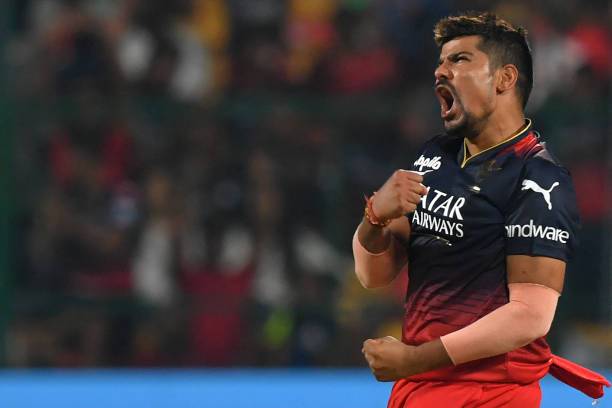Cricket and Community Development: Empowering Local Economies Through Sport
Gold365, Diamondexch9:Sports have a significant impact on community development by promoting social cohesion and fostering a sense of belonging among individuals. Through participation in sports activities, community members from diverse backgrounds come together, bridging societal divides and creating a unified community spirit. This collective engagement in sports not only cultivates teamwork and cooperation but also contributes to the overall well-being of the community by promoting mental and physical health.
Moreover, sports play a crucial role in instilling important values such as discipline, perseverance, and resilience among individuals, which are essential for personal growth and development. By engaging in sports, community members learn valuable life skills that transcend the boundaries of the playing field and positively impact their day-to-day interactions and decision-making. This cultivation of character through sports can lead to a more empowered and socially responsible community, driving sustainable development and progress.
Impact of Cricket on Local Economies
Cricket has emerged as more than just a sport in many communities around the world. Its impact on local economies is significant, generating revenue through ticket sales, merchandise, and sponsorships. Major tournaments and matches attract tourists and provide a boost to sectors such as hospitality, transportation, and retail businesses.
The construction and maintenance of cricket stadiums and facilities create employment opportunities for local residents, contributing to the overall economic growth of the community. Additionally, the sport fosters entrepreneurship, with individuals setting up small businesses selling cricket-related products and services. The ripple effect of cricket on local economies can be seen in the increased demand for infrastructure development and the rise of cricket academies and coaching centers, further fueling economic prosperity.
Creating Employment Opportunities Through Sports
One of the often-overlooked benefits of sports is the significant role it plays in creating employment opportunities within communities. Sports have the potential to generate jobs across various sectors, ranging from coaching and training positions to event management and marketing roles. As the sporting industry continues to grow, so do the employment opportunities associated with it.
Furthermore, sports can also lead to the creation of auxiliary jobs such as sports equipment manufacturing, sports journalism, and sports medicine. These diverse employment opportunities not only contribute to the economic development of a community but also provide individuals with avenues to pursue their passion for sports while earning a livelihood. In this way, sports have the power to not only foster physical well-being but also serve as a catalyst for economic empowerment within communities.
• Sports have the potential to generate jobs across various sectors
• Coaching and training positions are common job opportunities in sports
• Event management and marketing roles are also available in the sporting industry
• Auxiliary jobs such as sports equipment manufacturing, sports journalism, and sports medicine can be created through sports
• Diverse employment opportunities contribute to economic development of a community
How can sports contribute to community development?
Sports can promote teamwork, discipline, and leadership skills, which are essential for building strong communities. Additionally, sports events can bring people together and create a sense of unity and pride.
How does cricket impact local economies?
Cricket tournaments and events can attract tourists and visitors, leading to increased revenue for local businesses such as hotels, restaurants, and souvenir shops. Additionally, cricket infrastructure development can create jobs and stimulate economic growth.
How can employment opportunities be created through sports?
Employment opportunities in sports can range from coaching and training roles to event management and marketing positions. Sports organizations and clubs also create jobs in areas such as administration, facility maintenance, and sports medicine.







